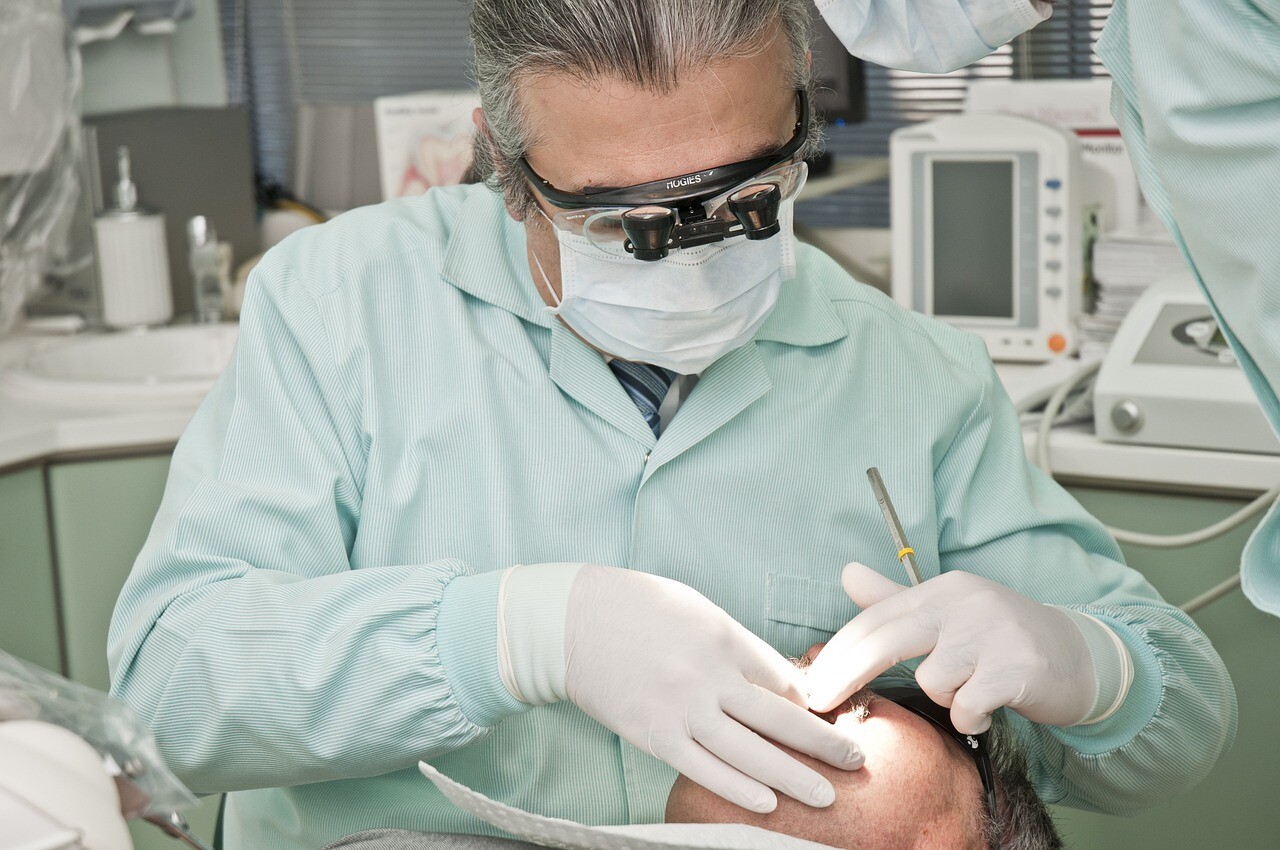The affordability of dental implants in Turkey stems from several economic factors rather than compromises in quality. The lower cost of living translates to reduced operational expenses for dental clinics, including more modest salary expectations for dental professionals despite their often excellent qualifications. The favorable exchange rate further amplifies purchasing power for international patients, creating a significant advantage when paying in euros, pounds, or dollars.
Crucially, these affordable dental implants in Turkey come with comprehensive coverage that often exceeds what patients receive at home. Standard implant packages typically include all surgical procedures, the implant itself (frequently from respected global manufacturers like Straumann, Nobel Biocare, or MIS), the abutment, and the permanent crown. Many clinics also include preliminary examinations, panoramic X-rays, and 3D cone beam CT scans that would incur substantial additional charges elsewhere.

Technology and Quality Standards
The affordability of dental implants in Turkey does not come at the expense of technology or quality. In fact, the country's top dental clinics maintain facilities that rival or exceed the technological capabilities of practices in more expensive markets. Driven by intense competition within the dental tourism sector, leading Turkish dental centers have invested heavily in cutting-edge equipment and advanced treatment protocols.Digital dentistry has been widely adopted across Turkey's implant-focused practices, with intraoral scanners replacing traditional dental impressions for greater comfort and precision. Computer-aided design and manufacturing (CAD/CAM) technology enables the on-site production of perfectly fitted crowns, often within 24 hours, significantly reducing treatment time for international patients. Advanced 3D imaging and planning software allows for precise implant placement planning.
The implant systems used in Turkish dental practices are predominantly the same internationally recognized brands trusted by dentists worldwide. Leading clinics offer options from premium implant systems like Straumann and Nobel Biocare to more affordable yet clinically proven alternatives such as MIS or Dentium. Many clinics provide manufacturer warranties of 10 years or more on implant hardware, offering peace of mind comparable to treatments received in patients' home countries.
Sterilization protocols and infection control standards in Turkey's established dental tourism clinics meet or exceed international benchmarks. With regular inspections from Turkey's Ministry of Health and voluntary accreditation from international bodies like the Joint Commission International (JCI) or ISO certification, reputable clinics maintain rigorous quality control systems.
The Treatment Experience and Timeline
The patient journey for affordable dental implants in Turkey is designed to be efficient and convenient for international visitors, with comprehensive treatment often completed in just 5-7 days. The process typically begins with remote consultation, where prospective patients share existing dental records and X-rays to receive preliminary treatment plans and cost estimates before booking their trip. Upon arrival in Turkey, patients undergo comprehensive in-person assessment, including 3D cone beam CT scans that provide precise visualization of bone structure and density.The surgical phase of implant placement typically occurs on the second day of the patient's visit. Most straightforward cases are performed under local anesthesia with optional sedation available for anxious patients. The procedure itself is generally completed within 1-2 hours for single implants, or 2-4 hours for multiple implants, with minimal discomfort during treatment. Advanced techniques including guided surgery, piezoelectric tools for gentle bone preparation, and platelet-rich plasma (PRP) therapy are widely available.
For patients with adequate bone quality and primary implant stability, Turkish clinics increasingly offer immediate loading protocols that allow for the placement of temporary crowns within 24-48 hours after implant insertion. This approach, known as "teeth in a day" or "same-day implants," enables patients to return home with functional, aesthetic teeth rather than visible gaps or removable temporary prosthetics.
Follow-up care represents a carefully considered element of the implant experience in Turkey. Clinics specializing in dental tourism have developed sophisticated remote care protocols, maintaining contact with international patients throughout their implant healing period. Digital communication channels enable virtual check-ins, with dentists reviewing patient-submitted photos and addressing any concerns promptly.
Planning Your Dental Tourism Journey
Arranging treatment for affordable dental implants in Turkey involves careful consideration of both clinical and logistical factors. The selection of the right dental provider represents the most crucial decision in this process. While price naturally plays a role, prospective patients should prioritize clinics with transparent credentials, including dentists' educational backgrounds, specialization certificates, and professional association memberships.Patient testimonials and verifiable before-and-after documentation provide valuable insights into a clinic's actual results rather than just their marketing claims. Reputable practices will readily share detailed case studies, including radiographic evidence of successful implant integration and long-term follow-up images that demonstrate sustained outcomes.
Logistical planning for dental implant treatment in Turkey benefits from the well-developed infrastructure supporting medical tourism. Most established dental clinics offer comprehensive packages that include airport transfers, accommodation arrangements, and local transportation during your treatment period. Major dental tourism hubs like Istanbul, Antalya, and Izmir are served by numerous international flights, making travel arrangements relatively straightforward.
Insurance and financing considerations deserve careful attention when planning dental tourism. While some international health insurance policies provide partial coverage for necessary dental implant procedures abroad, many exclude treatment specifically sought in another country. However, the significant cost savings of dental implants in Turkey often make treatment financially accessible even without insurance coverage. Patients should ensure they have appropriate travel insurance that covers medical evacuation and emergency care, although complications are exceedingly rare with reputable providers.


Comments